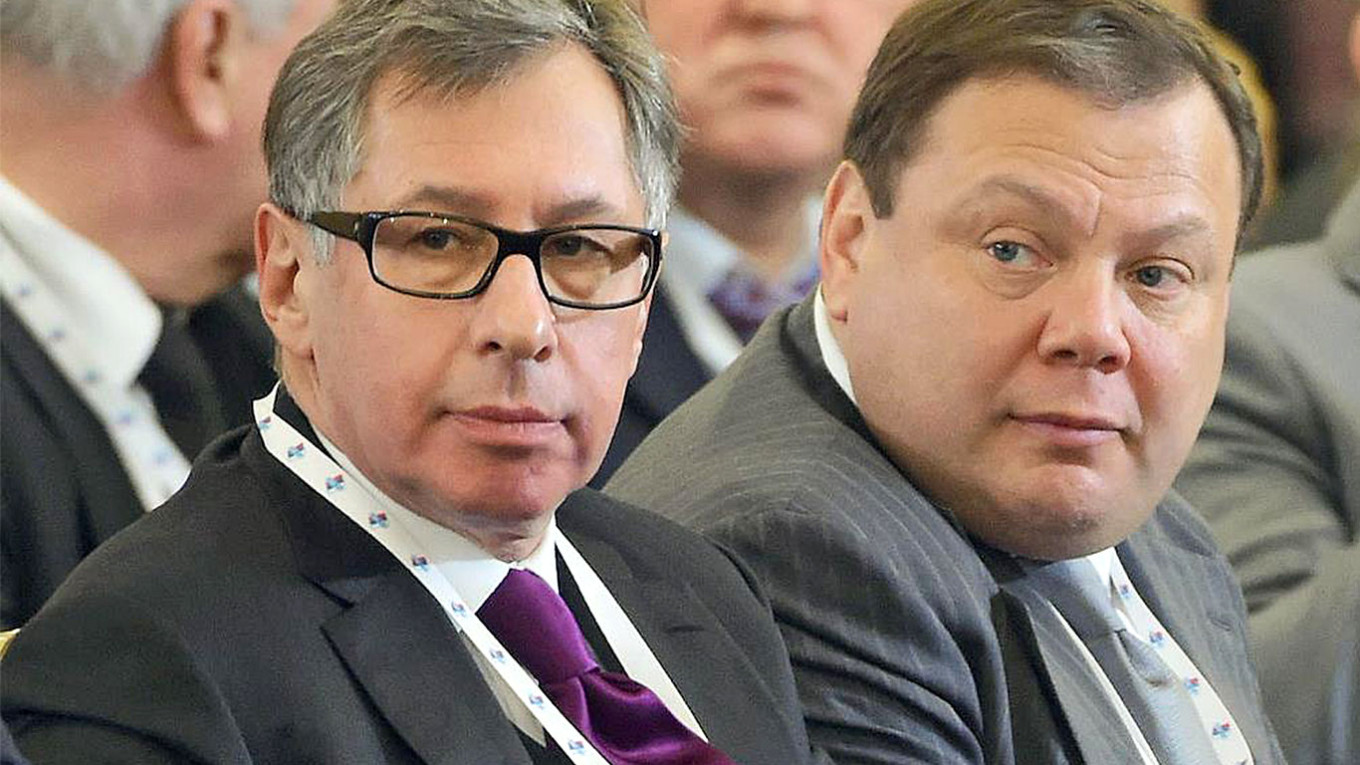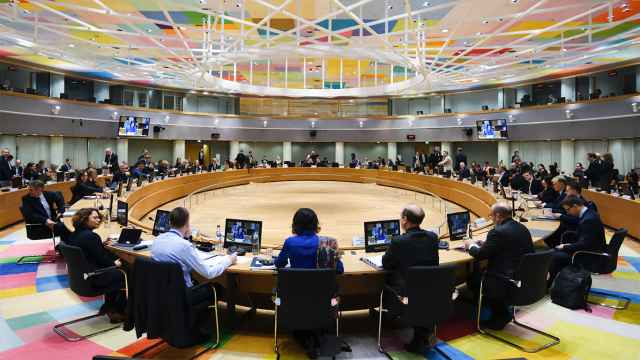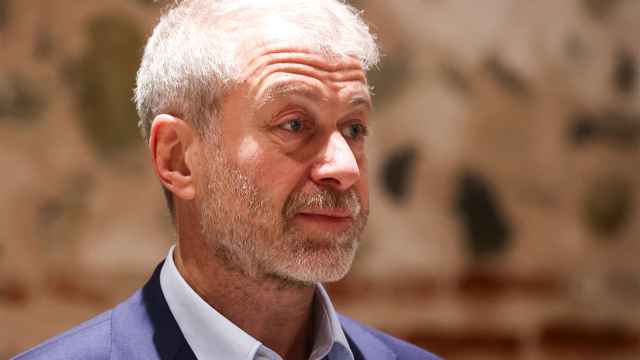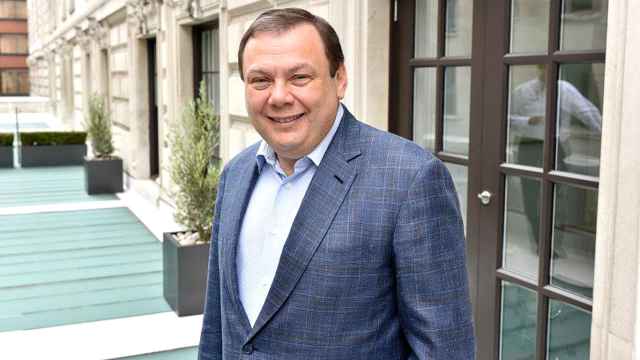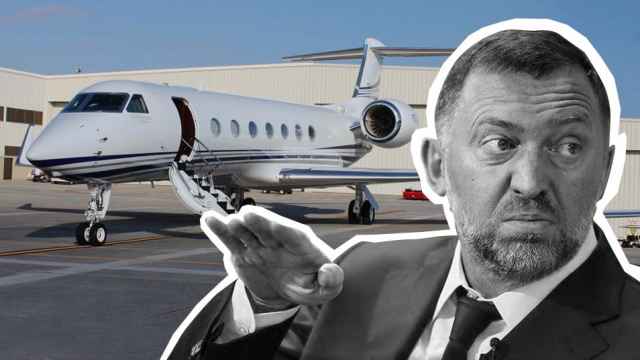Updates with Alfa Bank confirmation.
Russian billionaires Mikhail Fridman and Petr Aven are set to offload their stakes in Alfa Bank, Russia’s largest private bank, in a $2.3-billion deal, the Financial Times reported late Thursday.
Fridman, the co-founder of Alfa Group, and Aven, who headed Alfa until March 2022, are seeking the removal of Western sanctions imposed after the invasion of Ukraine.
The two men’s longtime business partner Andrei Kosogov has agreed to buy their 45% stake in Alfa Bank from its Cyprus-based parent company, FT reported, citing four people with direct knowledge of the deal.
Kosogov, who has not been targeted by Western sanctions, said a sale had been agreed but offered no details.
A spokesperson for Alfa Bank confirmed the FT story Friday, telling media outlet RBC that Fridman and Aven were seeking to sell to Kosogov.
Fridman and Aven “want to do everything they can to get out of their Russian assets so that sanctions will be removed,” FT quoted one source with knowledge of the transaction as saying.
Once the deal receives regulatory approval, Fridman and Aven would no longer be indirect shareholders of Alfa Bank, the sources told FT.
But there is no indication yet that the sale of Alfa Bank would convince the European Union to remove sanctions on the two businessmen.
Fridman was born in Ukraine, made his fortune in Russia and has lived in London since 2015. He has long disputed that he is close to the Russian authorities.
Aven also disputes claims that he is close to President Vladimir Putin. He has reportedly been living abroad since Russia’s invasion of Ukraine.
Earlier this week, a letter to EU leaders signed by Russian opposition politicians and journalists asking that sanctions on Fridman and his associates be lifted was made public, sparking controversy and leading to the resignation of prominent opposition leader Leonid Volkov.
A Message from The Moscow Times:
Dear readers,
We are facing unprecedented challenges. Russia's Prosecutor General's Office has designated The Moscow Times as an "undesirable" organization, criminalizing our work and putting our staff at risk of prosecution. This follows our earlier unjust labeling as a "foreign agent."
These actions are direct attempts to silence independent journalism in Russia. The authorities claim our work "discredits the decisions of the Russian leadership." We see things differently: we strive to provide accurate, unbiased reporting on Russia.
We, the journalists of The Moscow Times, refuse to be silenced. But to continue our work, we need your help.
Your support, no matter how small, makes a world of difference. If you can, please support us monthly starting from just $2. It's quick to set up, and every contribution makes a significant impact.
By supporting The Moscow Times, you're defending open, independent journalism in the face of repression. Thank you for standing with us.
Remind me later.


